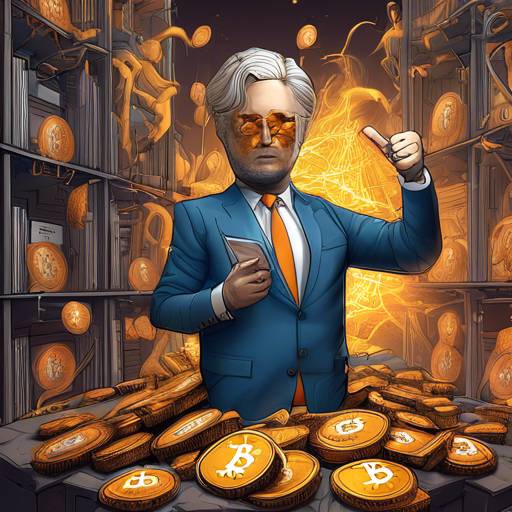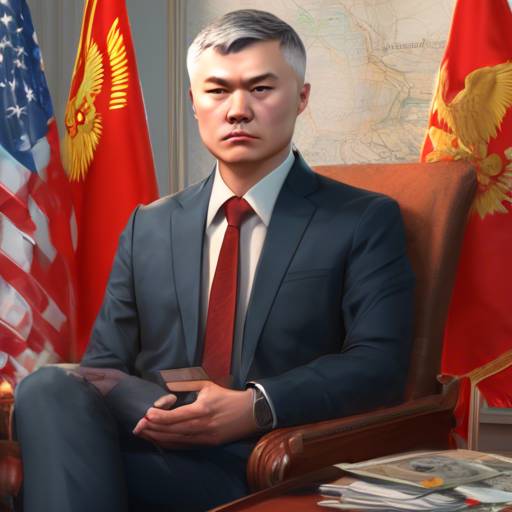Bitcoin’s Role in Resisting Censorship and Donations to WikiLeaks
Bitcoin has played a crucial role in resisting censorship and supporting the activities of WikiLeaks through donations. This use case of BTC has been instrumental in helping activists and political dissidents around the world. An analysis of Bitcoin donations has demonstrated how they have supported WikiLeaks in continuing its operations despite facing various forms of censorship.
Bitcoin Donations Empower WikiLeaks Against Censorship
- WikiLeaks is a platform that disseminates secret documents, shedding light on war crimes committed by the USA and other crucial information.
- Founder Julian Assange has faced legal challenges and extradition requests to the USA, with potential severe penalties if convicted.
- Assange adopted Bitcoin as early as 2010 to fund WikiLeaks activities, bypassing censorship from international payment giants like PayPal, Visa, and Mastercard.
On-Chain Analysis of Donations to WikiLeaks
- The use of Bitcoin allowed WikiLeaks to continue receiving donations transparently while ensuring the security of its funds.
- The wallet address used for donations is a multi-sig address, enhancing wallet security by requiring multiple signatures for transactions.
- Over the years, these wallets received a total of 4048 BTC, which is now valued at approximately $210,500,000.
Bitcoin Ordinals NFT: Preserving War Files and Individual Poetry
- Besides donations, Bitcoin Inscription has enabled users to permanently inscribe files concerning the war in Afghanistan onto the blockchain, preventing their deletion by any government.
- The first individual poem as Bitcoin Ordinals NFT was presented from the Natively Digital collection, selling at auction for 0.28 BTC (equivalent to $11,430).
Closing Thoughts on Bitcoin’s Impact
Bitcoin’s ability to resist censorship and support organizations like WikiLeaks showcases its potential to empower individuals and causes around the world. As a crypto enthusiast, you can appreciate how Bitcoin’s transparency and security play a critical role in fostering freedom of information and expression.





 By
By
 By
By

 By
By
 By
By
 By
By